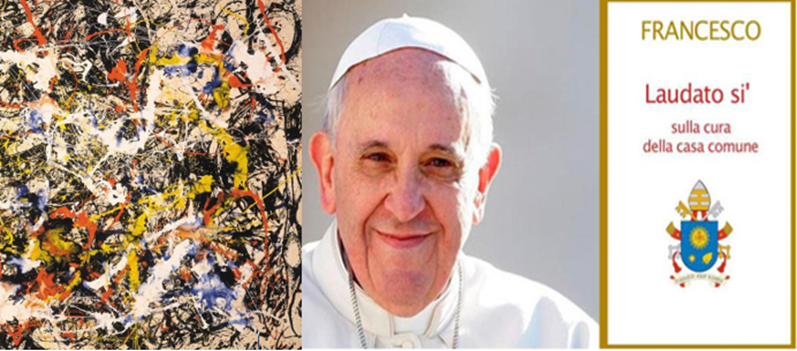
International Youth Skills Day
For us, the future of young people is not only about vocational qualifications for work, decent employment and entrepreneurship
In 2014, the UN General Assembly declared 15 July as World Youth Skills Day, to celebrate the strategic importance of equipping young people with vocational skills. Education and training, in fact, for the UN are central to achieving the goals of the 2030 Agenda, which states, with Sustainable Development Goal 4, to “Ensure inclusive and equitable quality education and promote lifelong learning opportunities for all”.
“The future of humanity depends on the boundless energy, ideas and contributions of young people,” said the UN Secretary General in his message for this World Day last year.

Photo: https:unric.org
But today’s global challenges are extremely complex. Let us not delude young people: structural contradictions cannot be countered by individual biographies… or even generational ones. The neo-capitalist economic system towards which ‘qualifications’ direct them, based on infinite growth in an infinite planet, is deadly. Young people are increasingly realising that since there is no ‘PLANET B’, it is necessary to invent ‘PLANS B’ that include alliances between all generations in order to get out of the quagmire of the ‘paradigm of technocratic rationality that feeds monstrously on itself’, to which Pope Francis dedicated a large part of chapter three of Laudato si’ (‘The Human Root of the Ecological Crisis’). It is here that we find the most convincing critique of the technocratic paradigm, by which the life of man and the planet is measured and used (Francis 2015: 101 and 108).

Today’s more aware young people want to break out of the ‘loop’ that, like a tangled labyrinth, imprisons us all: children, young people, adults and the elderly. The loop is a recursive circuit based on a circular cause-effect relationship. We are all entangled, it is clear: every economic growth causes a growth in consumption of natural resources – forests, animals, minerals, water, etc. – and pollution. Pollution causes the greenhouse effect. The greenhouse effect causes soil desertification, forest fires, melting glaciers. Melting glaciers cause sea levels to rise and habitable and cultivable land to disappear. Plants and animals die. Entire species disappear. The reduction of habitable areas causes large exodus of populations, wars between the poor and growth of inequality. The growth of inequality creates increased social injustice and hunger. Social injustice and hunger fuel wars. Wars cause more injustice, oppression of peoples and inequality. But they also cause growth in pollution and the greenhouse effect.

Young people are certainly in need of qualifications, but above all they need widespread skills at every level and in every generation, in order to put the paradigm of the relationship of mutual recognition and generativity at the centre of each person’s life and human coexistence.
Our guidance in this age of transition is encapsulated in the values of the Congregation’s Positions.



